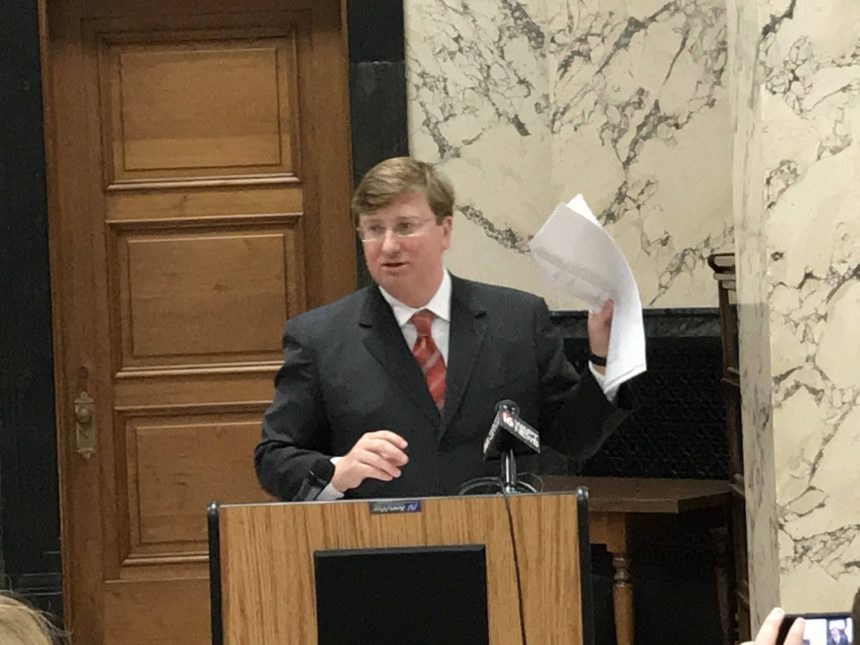Earlier this week while speaking at Taylor Power Systems, Republican gubernatorial candidate and current Lt. Governor Tate Reeves announced a plan to invest $100 million in Mississippi’s workforce development efforts. The plan calls for targeted investments in community colleges, K-12 education, and local communities to boost workforce training efforts to make Mississippi what Reeves called “a ‘Ready to Work’ state.”
“Work is changing. The jobs that paid well 50 years ago are not as strong today, and skilled trades are soaring. We need the next generation of Mississippi workers to be equipped to take on any job. With the right training, they can. I’ve laid out a bold investment strategy—$100 million for a modern Mississippi workforce. With this plan, Mississippi can become a “Ready to Work” state and attract investment from all over the world,” Reeves said.

In a news release, Reeves outlined the details of the plan.
- $2.5 million in grants to assist local communities in becoming certified as “work ready.”
- $1 million investment in incentives for high school graduates to earn industry credentials.
- $20 million grant program to help working families get up on their feet and ready to work by dealing with issues like childcare and transportation.
- $1.5 million investment to train the next generation of Mississippi coders in software development at K-12 schools.
- $75 million investment in community colleges to modernize their workforce training capabilities.
“We’re definitely happy to have the Lieutenant Governor here with us making a new policy statement in an area that we’re excited about. I’m the current chair of MEC. One of MEC’s continual programs and projects is skills, workforce training. On behalf of the MEC, we’re delighted to hear this policy move,” Lex Taylor, chairman of the Taylor Group of Companies, chairman of Mississippi Electronic Courts, and board member of Mississippi Manufacturers Association.
The plan also calls for Mississippi to expose every high school student to computer science and/or coding. It calls for a $20,000 flat fee bachelor’s degree program in high growth industry training, and improvements to the state’s dual credit program to help high school kids earn college credit for classes they are already taking.
The plan would also allow high school students to earn credits towards graduation for taking career-technical courses.







